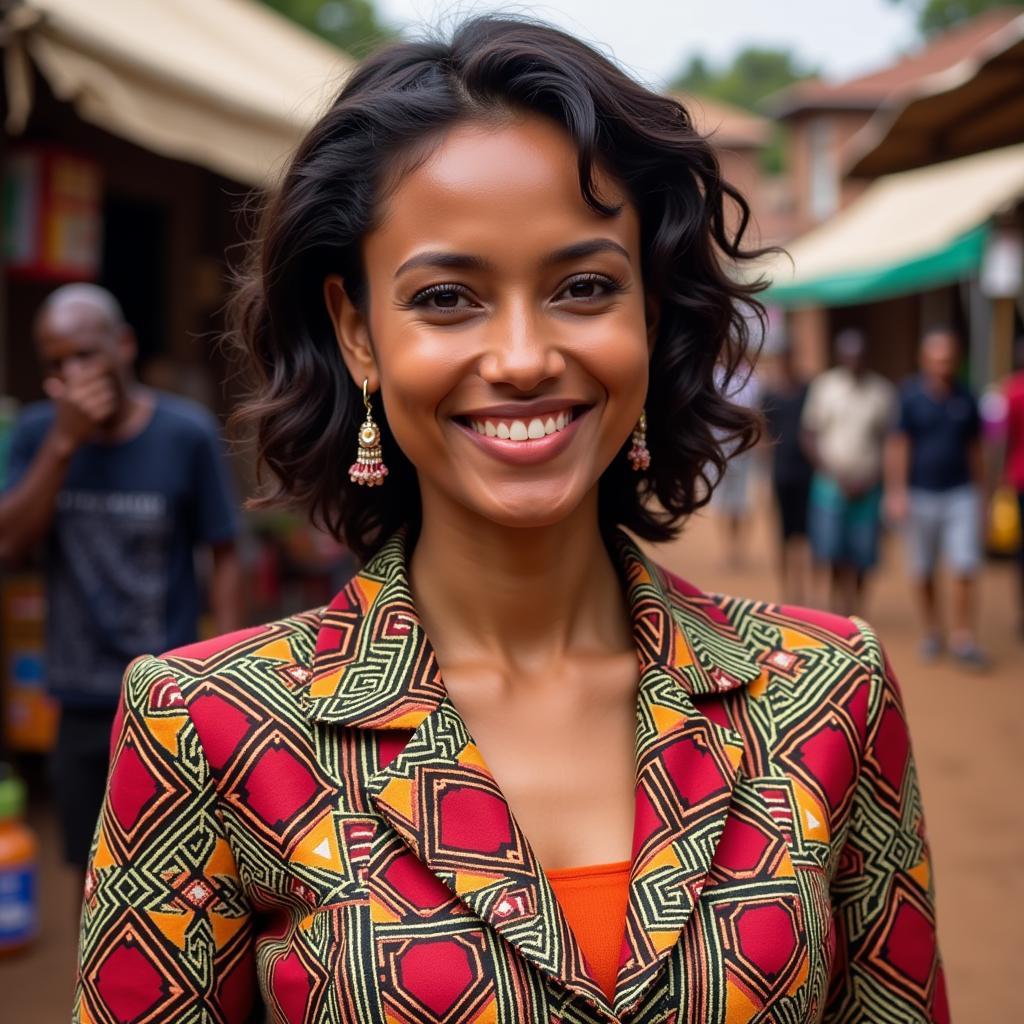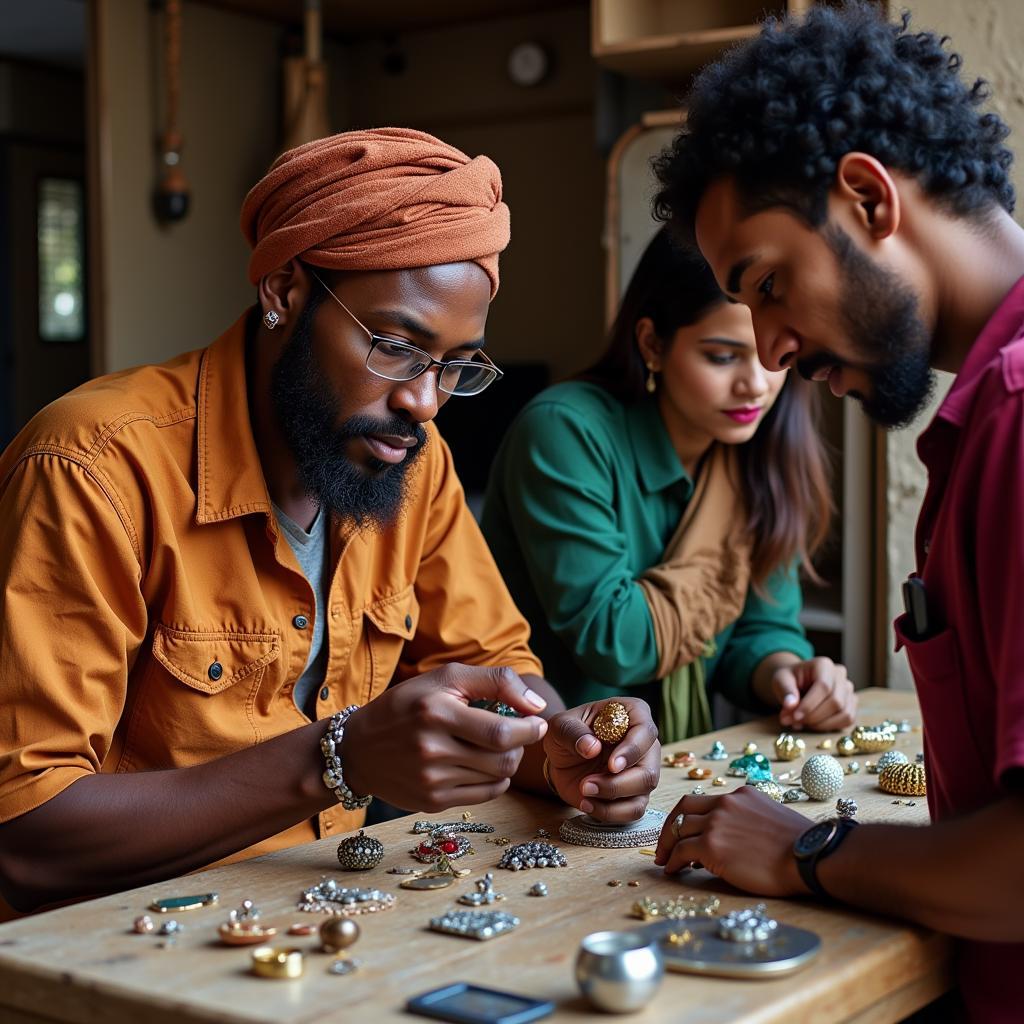African Human Mating: Exploring Cultural Diversity and Traditions
This article delves into the diverse and captivating world of human mating practices across the African continent. We’ll explore how traditions, beliefs, and social structures shape relationships and family life in different African cultures.
Understanding African Marriage Customs: A Tapestry of Diversity
Africa boasts a rich tapestry of cultures, and its marriage customs reflect this incredible diversity. From traditional arranged marriages to modern love matches, the ways in which couples form unions vary greatly across the continent. It’s crucial to acknowledge the vast differences within and between African societies, avoiding generalizations and respecting the unique traditions of each group.
Beyond the Western Lens: Reframing African Marriage
Many Western perceptions of African marriage often center on polygamy, which is prevalent in some, but not all, African cultures. This limited perspective overlooks the complexity and nuance of these practices. To fully appreciate African mating customs, we need to move beyond pre-conceived notions and embrace a deeper understanding of cultural contexts.
Family Matters: The Role of Kinship and Lineage
In many African cultures, marriage extends beyond the couple, deeply impacting family structures and social networks. Family approval, community acceptance, and lineage continuity are often essential elements in the mating process. It’s not just about two individuals coming together but rather about establishing alliances and solidifying family bonds.
The Impact of History and Modernization
Colonialism and globalization have significantly influenced African societies and marriage customs. While some traditions have endured, others have adapted or evolved. The impact of Western influence, changing economic structures, and urbanization have brought about new perspectives on courtship, marriage, and family life.
A Shift in Power Dynamics: Changing Gender Roles
In many African societies, traditional gender roles are undergoing transformations as women become increasingly empowered and educated. This shift is impacting the dynamics of mating, leading to new conversations around equality, decision-making, and shared responsibilities within relationships.
Bridging the Gap: Embracing Traditional Values and Modern Perspectives
The future of African marriage lies in finding a balance between honoring cherished traditions and adapting to modern realities. This involves embracing open dialogue, challenging outdated norms, and creating spaces for respectful and equitable partnerships.
Beyond the Stereotype: Celebrating African Human Mating
Let’s move beyond simplistic narratives and appreciate the incredible diversity of human mating practices in Africa. This journey invites us to learn from different cultures, respect the choices individuals make, and acknowledge the beautiful complexities that define human relationships across the continent.
FAQs
Q: Is polygamy a common practice in Africa?
A: While polygamy is practiced in some African cultures, it’s important to remember that it’s not universal. Many African societies practice monogamous marriage, and generalizations about the entire continent are misleading.
Q: How do African cultures address premarital relationships?
A: Attitudes towards premarital relationships vary greatly across Africa. Some cultures are more conservative, while others are more accepting. It’s essential to understand the specific context within which these relationships are navigated.
Q: What role does family play in African marriage?
A: Family plays a significant role in many African cultures, often extending beyond the immediate nuclear family. Family members often have a strong influence on mate selection, marriage arrangements, and the overall dynamics of the relationship.
Q: How does modernization affect traditional marriage customs in Africa?
A: Modernization has brought about significant changes in African marriage customs. The rise of urbanization, education, and global influences have led to evolving perspectives on mate selection, gender roles, and the overall structure of relationships.
Q: What are some of the challenges faced by couples in modern Africa?
A: Modern African couples face various challenges, including economic pressures, cultural clashes, changing gender roles, and the influence of Western ideals. Navigating these complexities requires open communication, compromise, and a commitment to mutual understanding.
Final Thoughts
African human mating practices offer a fascinating window into the rich and diverse cultural landscape of the continent. By exploring these traditions, we gain a deeper understanding of human relationships, family dynamics, and the complex interplay of history, culture, and modernity.

